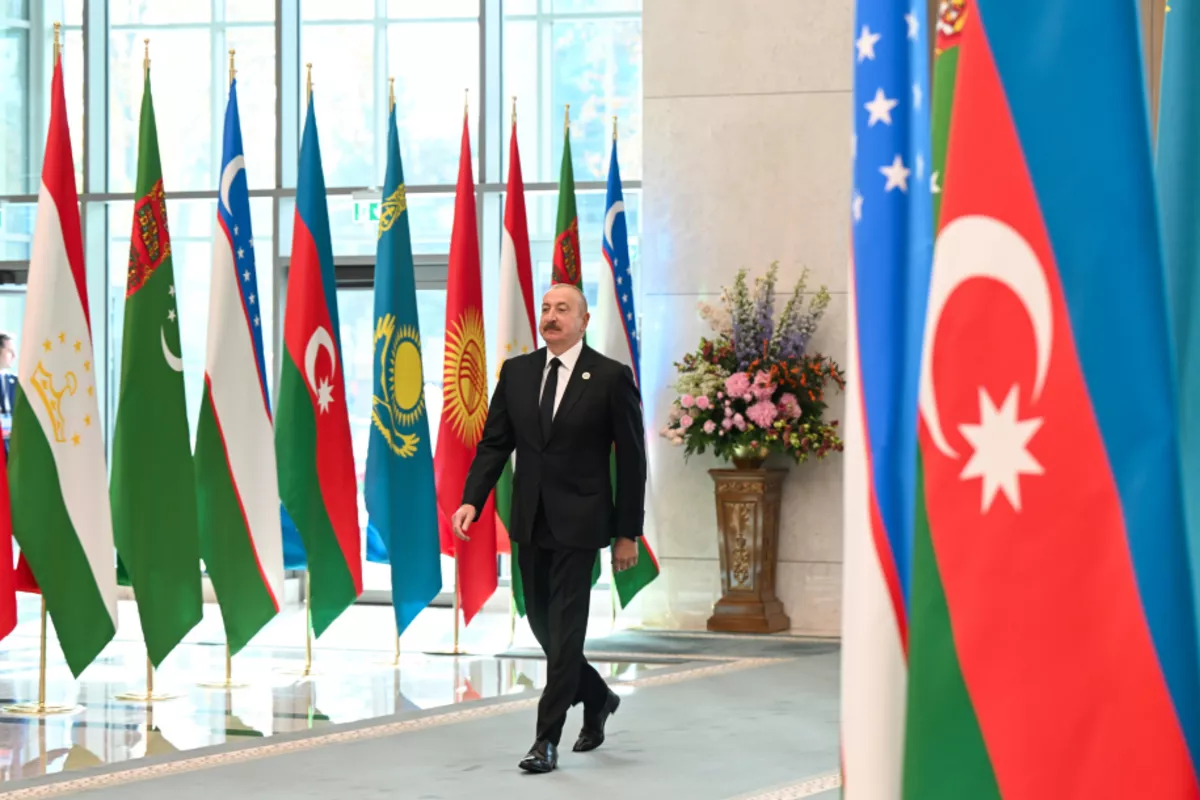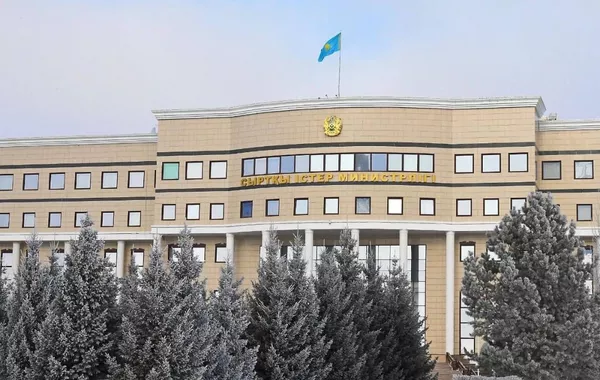
Photo: AZERTAC
Central Asian leaders have recently convened in Uzbekistan's Tashkent for the Seventh Consultative Meeting, underscoring their commitment to deeper political dialogue, economic integration and coordinated security efforts across the region.
In what officials hailed as a historic milestone, the heads of state unanimously approved Azerbaijan’s accession to the consultative format as a full member, The Caspian Post informs via foreign media.
The leaders of Uzbekistan, Azerbaijan, Kazakhstan, Kyrgyzstan, Tajikistan and Turkmenistan said the move formally extends regional cooperation from Central Asia into the South Caucasus, creating a broader strategic space connecting the Caspian region to global markets.
Officials noted that Azerbaijan’s inclusion will inject fresh momentum into regional initiatives, boosting trade, investment, cultural cooperation and long-term development across two key geopolitical regions.
A major focus of the Tashkent summit was the strengthening of institutional mechanisms for cooperation. Leaders discussed transforming the current consultative system into a long-term platform called the “Community of Central Asia,” featuring a rotating Secretariat, a Council of Elders and enhanced national coordination structures.
Uzbek President Shavkat Mirziyoyev presented seven major proposals, including a regional trade programme to 2035, the creation of a common investment space, and joint development of major international transport corridors such as the China-Kyrgyzstan-Uzbekistan railway and the Trans-Afghan route. He also called for the adoption of a regional security concept, a Decade for Rational Water Use (2026-2036), a regional water excellence centre, and annual congresses on spiritual heritage and scientific advancement.
Mirziyoyev stressed that closer regional cooperation has already delivered concrete results: reopened borders, reduced tensions and a rise in intra-regional trade to $10.7 billion, alongside a 17 per cent increase in investment flows. He also congratulated Turkmenistan on assuming the chairmanship of the new Central Asia-Azerbaijan format.
Azerbaijan’s President Ilham Aliyev described current relations as having reached the level of a strategic partnership, supported by active political dialogue and expanding economic, cultural and humanitarian ties. Highlighting Azerbaijan’s key role in regional connectivity, he pointed to infrastructure development, surging cargo movement along the Middle Corridor, and forward-looking projects such as the Digital Silk Road and new Caspian energy links. Aliyev thanked Central Asian states for supporting reconstruction efforts in Azerbaijan’s liberated territories, adding that shared geopolitical and economic interests have united the countries more closely than ever.
Kazakh President Kassym-Jomart Tokayev advocated for stronger cooperation on water security, transport connectivity and economic integration. He proposed a Central Asian Framework Convention on Water Use, a unified cargo-tracking system and a comprehensive regional transport strategy. Tokayev also highlighted opportunities in rare earth minerals, artificial intelligence, and tourism, and welcomed Azerbaijan’s accession to the format.
The summit concluded with the signing of several key documents, including a joint statement outlining shared priorities, formal approval of Azerbaijan’s membership, support for Kyrgyzstan’s bid for the UN Security Council (2027-2028), and adoption of the Concept of Regional Security, Stability and Sustainable Development in Central Asia. Leaders also endorsed a Catalogue of Security Risks and preventive measures for 2026-2028.
Later in the day, the presidents visited the Centre for Islamic Civilisation in Tashkent, home to rare artifacts and research facilities dedicated to Islamic heritage. They toured the Holy Quran Hall, which houses the revered Mushaf Usman, and viewed exhibits on pre-Islamic civilizations and major periods of the Islamic Renaissance.
Share on social media
